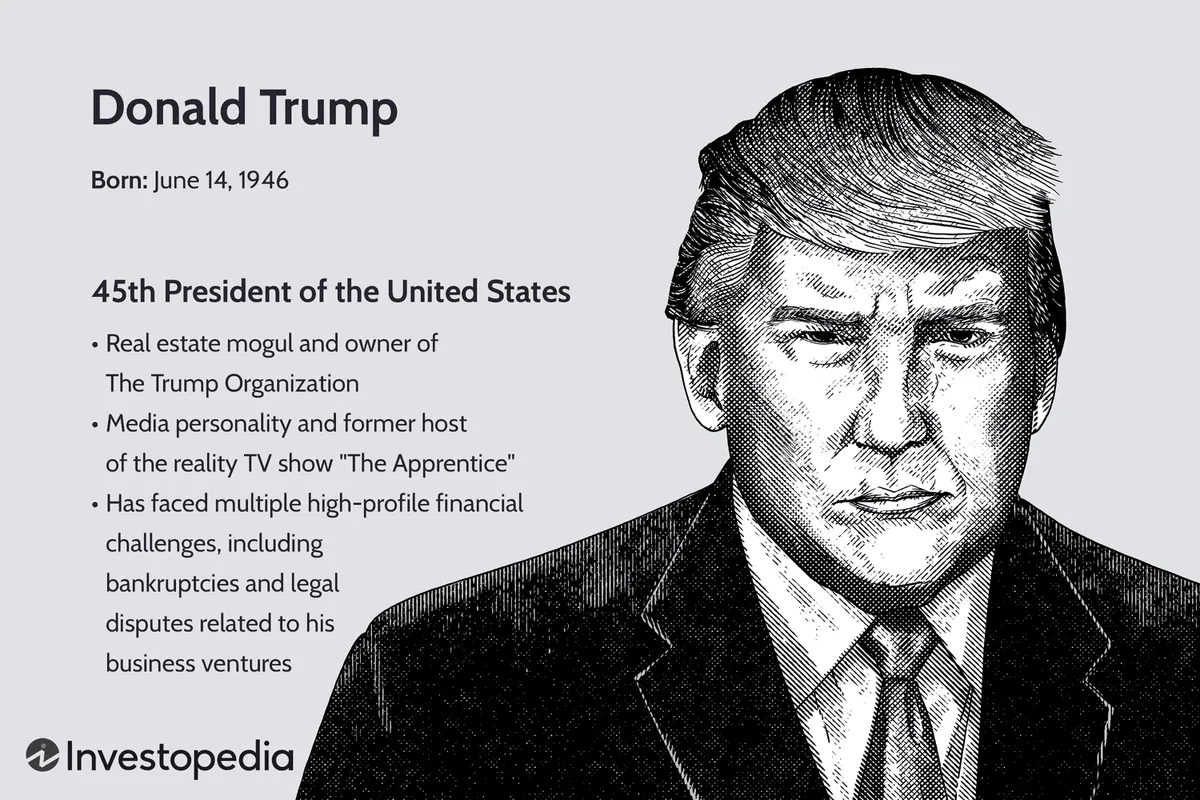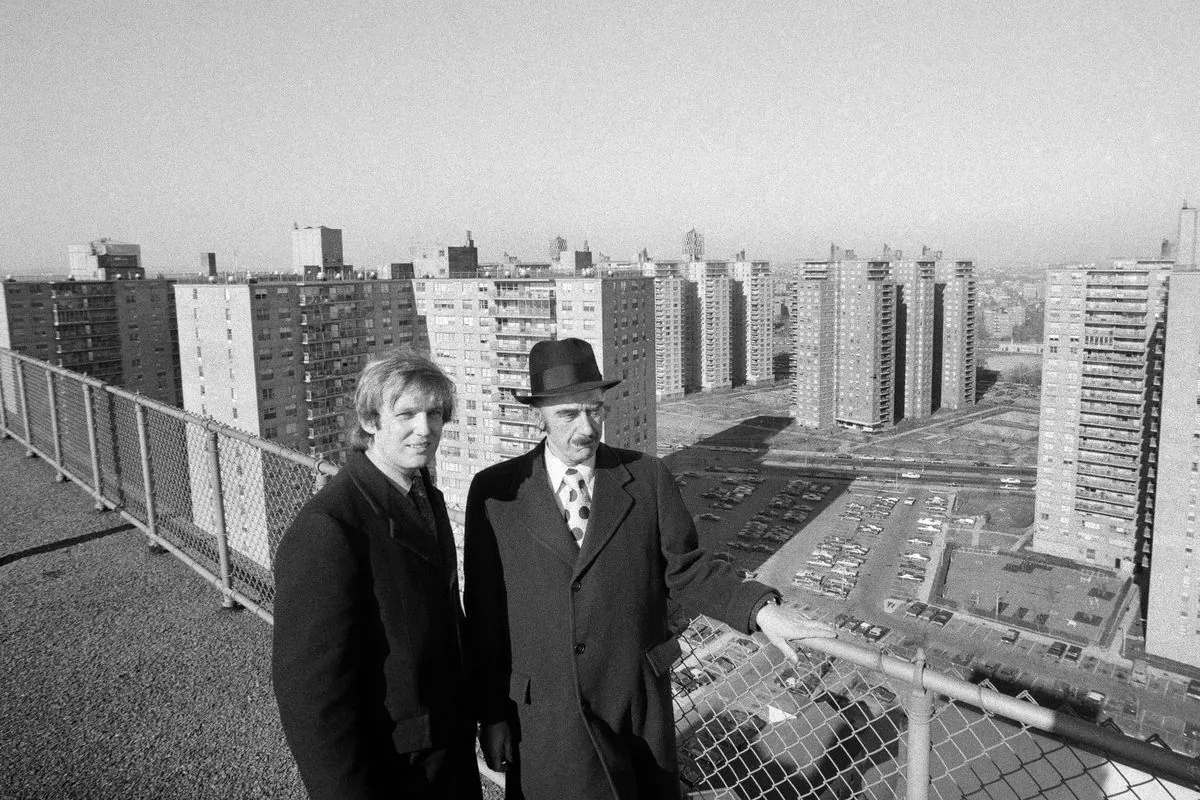New Book Unveils Trump's Financial Illusions and Inherited Wealth
A comprehensive analysis of Donald Trump's business history reveals massive losses and reliance on his father's fortune, challenging the narrative of self-made success and raising questions about American values.

The recently published book "Lucky Loser" by Ross Buettner and Susanne Craig offers a meticulously documented account of Donald Trump's business history, challenging the narrative of self-made success that has long surrounded the former president. Based on extensive financial records, the authors present a compelling case that Trump's image of wealth and business acumen is largely illusory.
Key findings from the book include:
- Trump recorded over $1.1 billion in business losses in the decade ending in 1995.
- He received an inheritance equivalent to more than $400 million from his father, Fred Trump.
- Without his father's support, Trump would likely have achieved little in the business world.
The authors detail how Fred Trump built a real estate empire worth nearly $1 billion, providing his son with extensive financial backing and connections. This support included collateral for loans, political connections, and a steady stream of cash to fund Donald's ventures.

One striking anecdote reveals how Trump orchestrated an elaborate ruse to secure a partnership with Holiday Inns Inc. for his first casino project in Atlantic City. He had construction equipment moved around the site to create the illusion of ongoing work, demonstrating his penchant for creating facades of success.
The book also highlights Trump's consistent behavior patterns throughout his career:
- Seeking attention for unachieved accomplishments
- Blaming others for his mistakes
- Filing lawsuits to inflict pain on perceived enemies
- Complaining about persecution
Despite numerous business failures, including his Atlantic City casinos and involvement in the United States Football League, Trump did experience some successes. Trump Tower and the development of the Grand Hyatt hotel (formerly the Commodore) stand out, though the latter benefited significantly from his father's political connections.
"Would you consider running for president, given all your accomplishments?"
Trump's response to this question in 1980 is particularly ironic in hindsight: "No, because I think it's a very mean life."
The authors argue that Trump's image has been largely a media creation, with many outlets failing to scrutinize his claims thoroughly. The success of "The Apprentice" TV show further solidified this image, allowing Trump to profit from the illusion of business expertise.
As of 2024, Trump's recent ventures continue to struggle, with his golf courses in Scotland and Ireland reportedly losing money. His investment in Truth Social, while initially valued at $4 billion, has since decreased significantly.
"Lucky Loser" raises important questions about the "fake it 'til you make it" culture in America and the conflation of wealth with expertise. While the book provides extensive evidence of Trump's financial shortcomings, the authors acknowledge that its impact on his supporters may be limited.
In conclusion, Buettner and Craig's work offers a comprehensive and fact-based examination of Donald Trump's business history, challenging long-held perceptions and highlighting the power of image over substance in modern America.


































